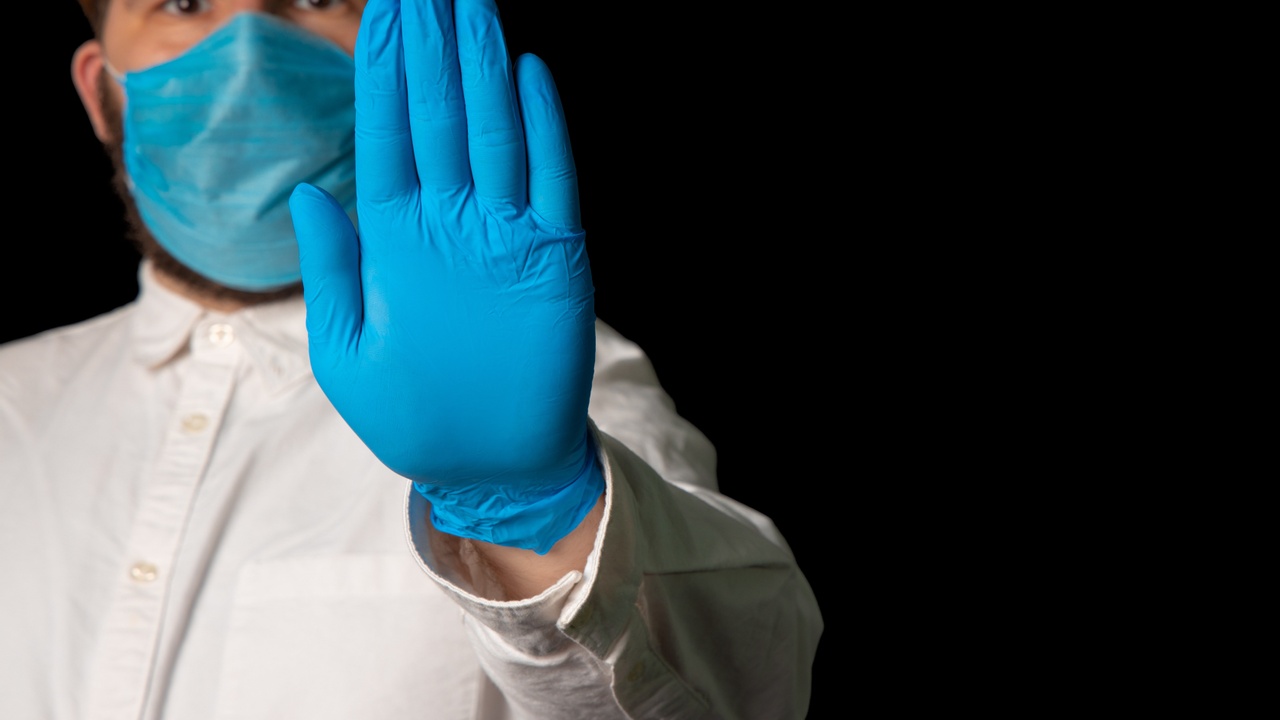From risk avoidance to risk mitigation
Jul 01, 2021
According to yourdictionary.com, risk can be defined as “peril, danger, [or] the chance of loss or injury”.
The traditional scholastic education system discourages risk-taking by rewarding certain predetermined responses to stimuli while punishing any other deviant or “wrong” responses.
In medicine, the punitive measures against miscalculated or risky moves could be catastrophic—for both patient and physician alike. Thus, we’ve been conditioned to be conforming and risk-avoidant.
But in the real world, anyone in history who has ever achieved great things, changed dynasties, birthed new inventions, or shifted paradigms had to take huge risks to become disruptive.
“A person who risks nothing, does nothing, has nothing, is nothing and becomes nothing.” - Leo Buscaglia
The following are the three greatest risks in life:
- Inaction—a.k.a. “analysis paralysis”
- Ignorance—disguised as arrogance, denial, anger, or blame
- Abdication—misunderstood as delegation when one is mentally checked out
The best antidotes to risk are:
- Confrontation—by facing the fear
- Due diligence—getting educated about the cost-benefit ratio
- Proper counsel—from qualified advisors and mentors
To examine risk in your own life:
- Explore each area of your professional and personal life.
- Examine each “pain point”.
- Explain why you did not make any gutsy, risky moves to change them.
